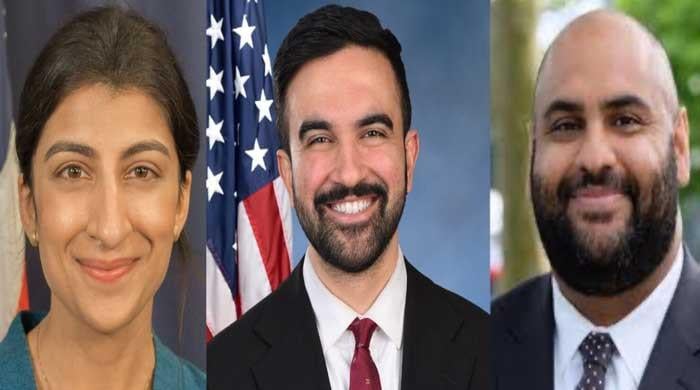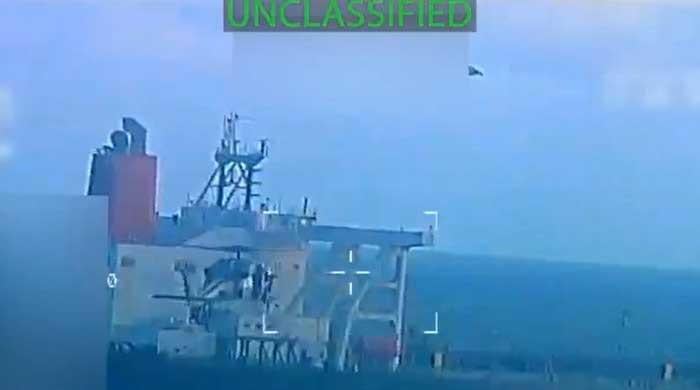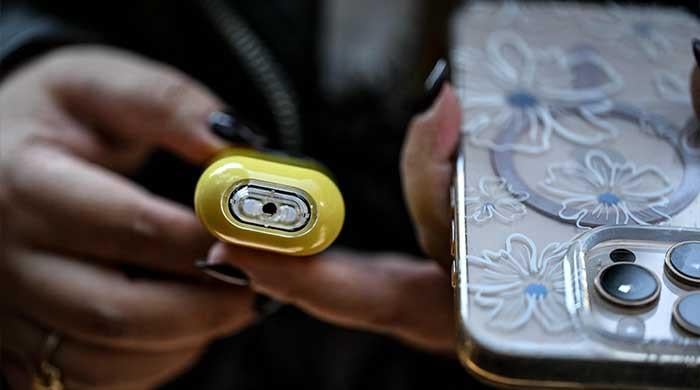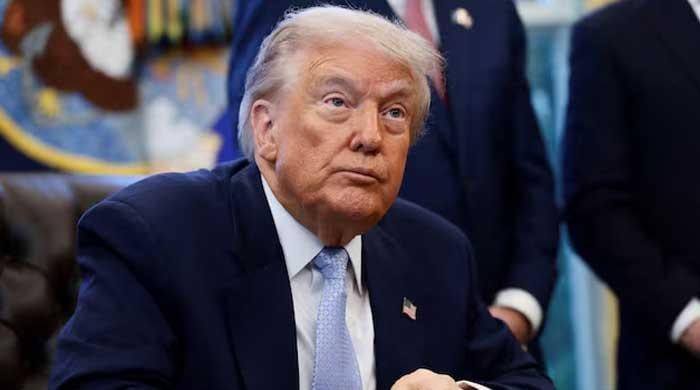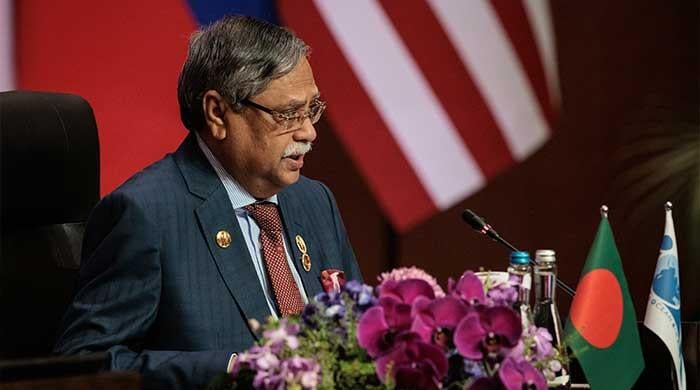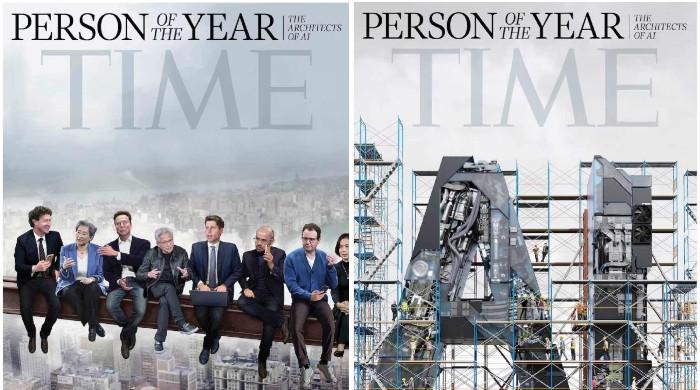Japanese PM vows tighter safety of G7 meetings after 'smoke bomb' attack
Fumio Kishida escaped an apparent smoke bomb attack during an election campaign stop in western Japan
April 17, 2023
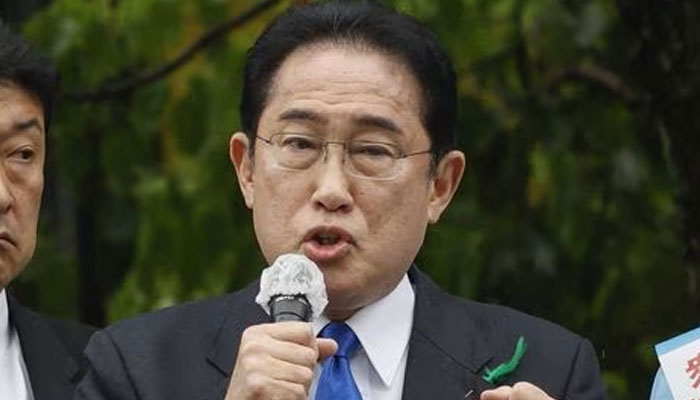
TOKYO: Japan's Prime Minister Fumio Kishida, a day after narrowly escaping an attack, pledged to assure the security of Group of Seven dignitaries visiting Japan, starting with tighter protection for climate ministers assembling in Sapporo.
Japan's environment minister Akihiro Nishimura said Sunday: "My security has become even heavier this morning. It's so tight I think it is going to be difficult to go out into the city."
Bodyguards took Kishida to safety on Saturday after a man threw what appeared to be a smoke bomb at him during an election campaign stop at a fishing port in western Japan.
Canada's minister of natural resources, Jonathan Wilkinson said that heightened security "reflects an increasing challenge of being in politics these days."
"Unfortunately I think that some of this has to do with the social media and some of the misinformation which spreads online," Wilkinson added.
The suspect in Saturday's incident was identified by police as 24-year-old Ryuji Kimura. He was also carrying a knife as well as a possible second explosive device he dropped at the scene after bystanders and police tackled him, Kyodo news agency reported.
No motive for the apparent attack, in which media said one police officer was slightly injured, has been announced.
Speaking to reporters, Kishida said Japan must not permit feats of violence that bash the basis of democracy.
His bomb scare in the Wakayama region near Osaka was an eerie reminder of the assassination last July of former Prime Minister Shinzo Abe, who was shot with a homemade gun while campaigning for a parliamentary election.
Abe's killing shocked Japan, where gun crimes are exceedingly rare, and prompted a review of security for politicians, who routinely mingle with the public.
Japanese politicians are campaigning for by-elections on April 23 for the lower house of parliament.
Chief Cabinet Secretary Hirokazu Matsuno said on Saturday that police have been instructed to boost security and the government would do what is necessary to ensure security when Kishida hosts other G7 leaders in May in his home town of Hiroshima.
"As politicians, we have to go out and campaign sometimes – it means we have to be exposed to the public," Britain's secretary of state for energy security, Grant Shapps said.
"But I am quite sure that in the context of the G7 with our prime minister and other world leaders coming to Japan, we are perfectly safe," Shapps said.
G7 foreign ministers gather on Sunday in the resort city of Karuizawa.




